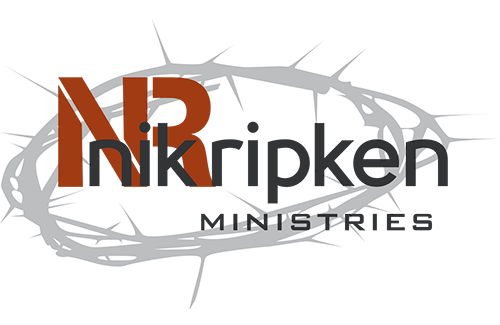Walk Alongside
A leader in East Africa approached me, asking if we would provide training for about 35 Westerners who desired to share the Gospel with Muslim people. There was only one problem; none of them had ever met a Muslim before coming to the African continent! They offered to meet with us for one day so we could orientate them in their efforts to reach out to Muslim peoples.
One day!
My brain was frozen in trying to discern how to reduce all that we knew about ministry and Islam into a one-day drive by shooting teaching opportunity? I tried to negotiate for more time but was unsuccessful. Today I would probably refuse to participate in such a small slice of training because, as my father used to say, “They know just enough to get themselves hurt.”
But from somewhere within the spiritual realm, inspiration struck. I agreed to meet with them for a full day, but instead of instructing them concerning the tenets of Islam and ministry, I engaged the assistance of three brothers who were followers of Jesus from a Muslim background. I informed those we were teaching that I would simply interview these three brothers on stage concerning their cultural settings of their families, their faith, and their persecution in order that we might use this teaching opportunity to its fullest.
It was a fantastic day as these 35 Westerners listened, often in shock, to the stories of their brothers from Muslim backgrounds that live daily in the grips of persecution and the possibility of being killed for their faith. It was such a holy time the participants were reluctant to take breaks or to eat lunch, as they wanted to soak up as much knowledge and expertise possible. These three brothers described faith in environments that can only be described as biblical, mostly Old Testament. At the end of the day the leader of these 35 foreigners posed a very discerning question. He asked,
“If you have accurately described what your world is like, what is the role of the Western worker? What can we possibly do which will aid the development of faith while not causing you to be persecuted simply due to our presence? What can we do to help?” One of the believers from Muslim background proposed a suggestion that rocked the very core of my being.
He said, “We live with trials and persecution every day. Here is what I would suggest to you. If you can come, and walk alongside of us, then come. If you cannot come, then send someone on your behalf to encourage us. If you cannot come, nor send anybody in your place, please write us a letter, send us an email which describes your love and support for us. Write to us possible suggestions on how we should live out our lives in the midst of an Old Testament environment.”
Lightning flashed through my brain as I listened to this brother’s reply. In a few short sentences he had captured the entire relational ministry of the apostle Paul in the New Testament. When he could go-he went. When he could not go himself to visit new believers and churches-he sent someone on the behalf of himself and the Gospel. When he could not go nor send anyone he would write them letters of encouragement and instruction.
Our brother, a first generation believer from a Muslim background, captured a large portion of the life of Paul in a few sentences. I will never forget hearing him say,
“If you can come, come.
If you cannot come, send someone to walk with us.
If you cannot come yourself, nor send us someone, then write us a letter of encouragement.” It captures the relationship of one believer with others who also follow Jesus in tough places.
This is not brain surgery. Any one of us can fulfill these requests. This is the relational essence of the New Testament and evidence of how the Body of Christ provides care for one another.
